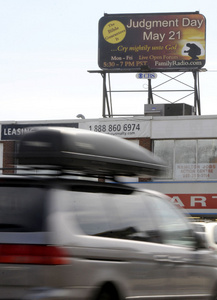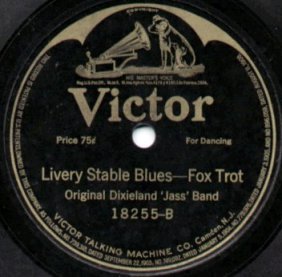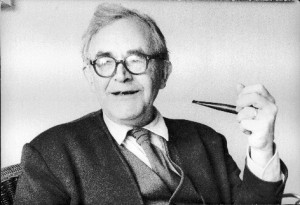httpv://www.youtube.com/watch?v=jF5kMVIolYw&feature=related
Propaganda Minister Josef Goebbels oversees a book burning rally in front of the Berlin Opera House. A translation of Goebbles’ speech to the students assembled there after the jump.
On this date in 1933, the Nazis engaged in nationwide public book burnings. The Hitler regime had drawn up lists of scholars and writers unacceptable to the New Order as decadent, materialistic, and representative of “moral decline” and “cultural Bolshevism.” These included: Albert Einstein, Sigmund Freud, Alfred Döblin, Erich Maria Remarque, Carl von Ossietzky, Kurt Tucholsky, Hugo von Hofmannsthal, Erich Kästner, and Carl Zuckmayer.
Frye in Anatomy:
The only way to forestall the work of criticism is through censorship, which has the same relation to criticism that lynching has to justice. (CW 22, 6)
In “The Only Genuine Revolution”:
Historical imagination is a difficult thing to develop, and I’m not surprised that people shrink from trying to do it. But I’m always terrified when I hear the word “relevance” applied to education, because I can never forget that it was one of the jargon terms of the Nazis, and particularly the Nazi youth, around 1933 to 1934. That is, the professors around the universities that were being shouted down and hounded out of the place because they didn’t like Hitler were the people who didn’t understand the relevance of everything that was being studied to the Nazi movement. (CW 24, 167)
Continue reading →


